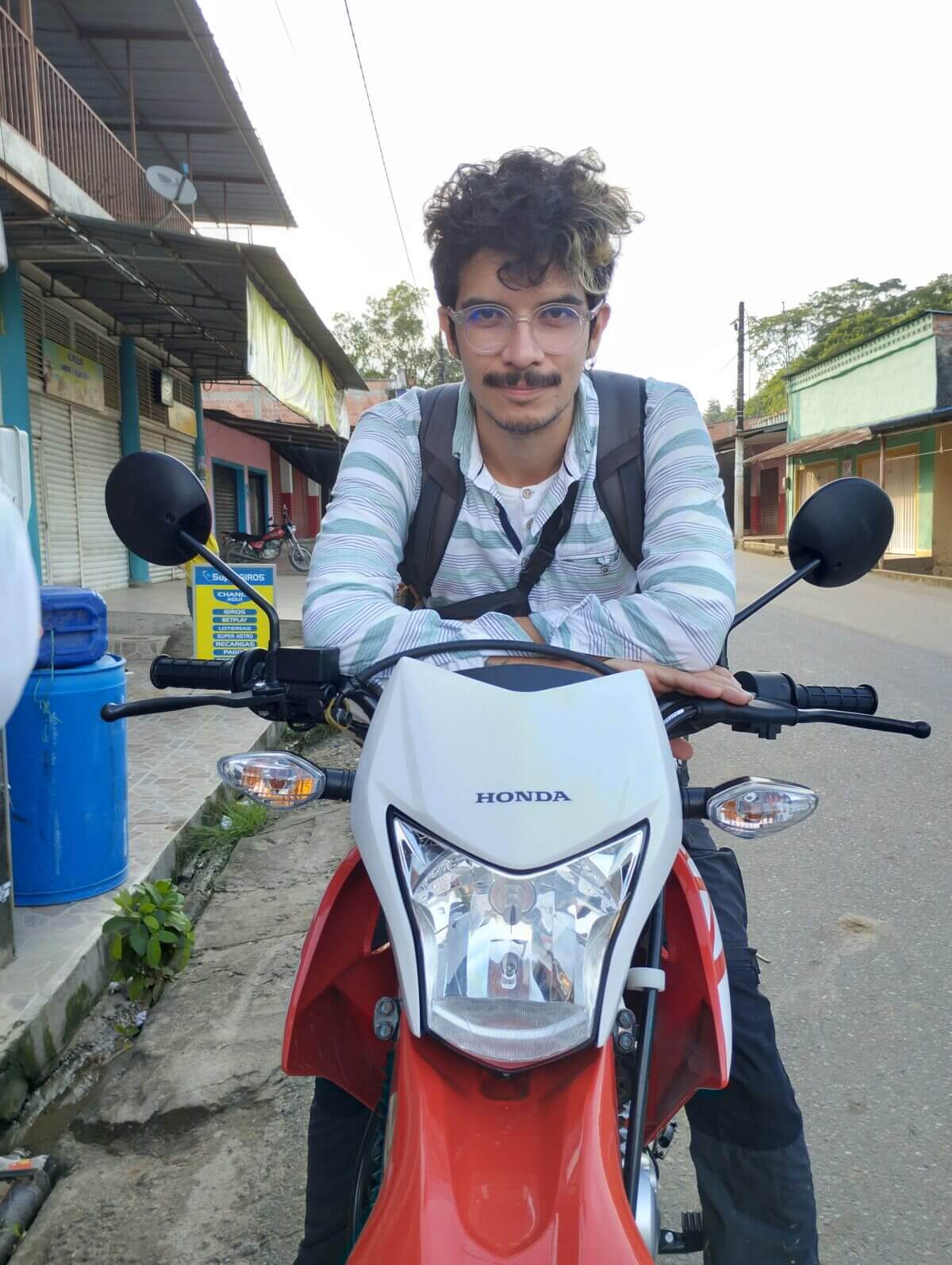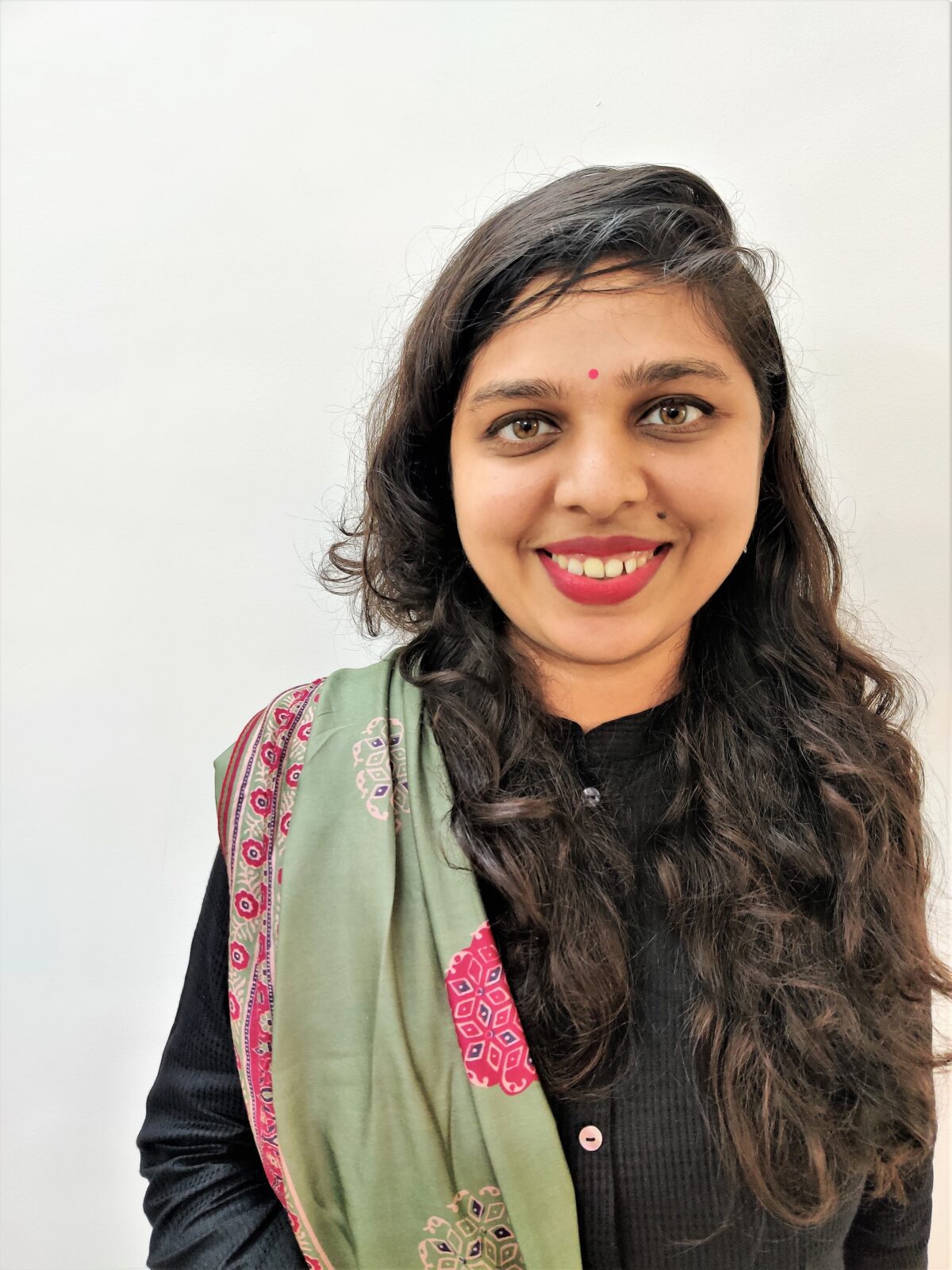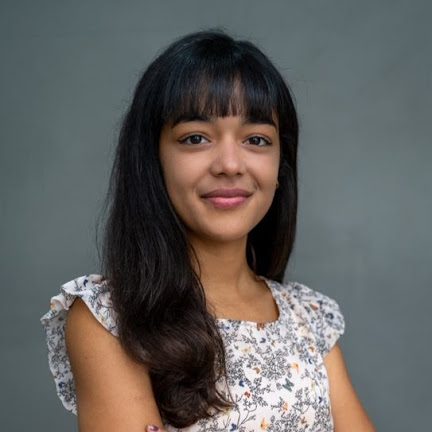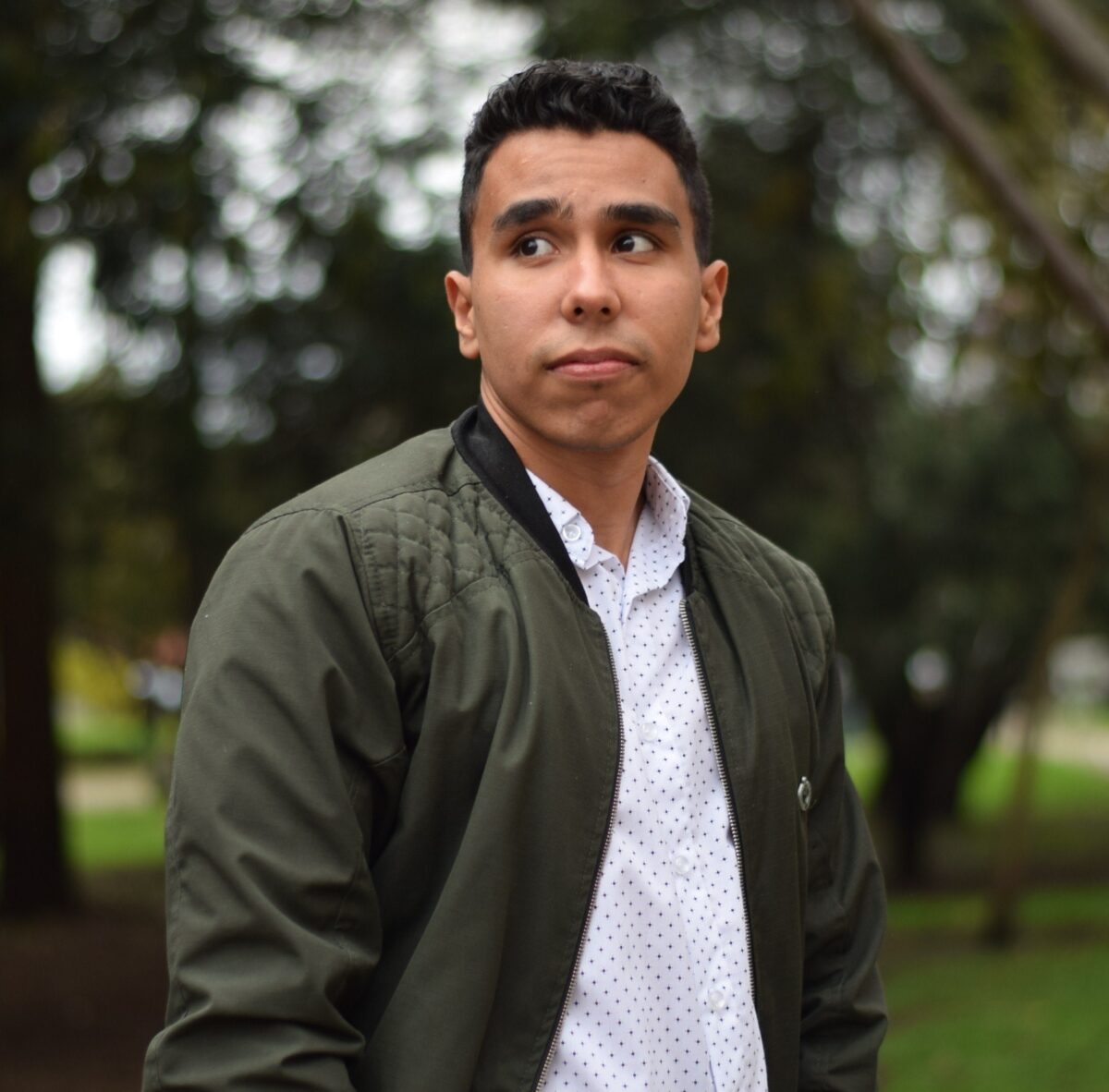The Internews Health Journalism Network could not be more proud to host three fellows from around the world at this year’s World Conference of Science Journalists in Medellín, Colombia! Over the next week, these fellows, alongside HJN and Internews staff will take their science and health reporting skills to a new level. We can’t wait to hear all about the experience and read the amazing stories that are sure to come as a result!
A very special mention goes to an additional two fellows who sadly were unable to join us in Colombia due to visa complications that were beyond our control. To Arnold Ageta (Kenya) and Babatunde Okunlola (Nigeria) we will see you both at another conference as soon as possible!
The Fellows
Efrain Rincon, Colombia

Itinerant. Passionate about plants and salsa. Biologist, journalist and science communicator interested in involving scientific thinking in social contexts and areas such as sociology and history of science. Podcast lover and producer. Director of Shots de Ciencia, a journalistic and independent media. He has been a journalist on health, science and climate change issues in La Silla Vacía and written for Todo es Ciencia, Cerosetenta, El Malpensante, El Espectador, among others.
Check out Shots de Cienca
Mahima Jain, India

Mahima Jain is an independent multimedia journalist and editor covering socio-economics of environment, gender and health. Her writing frequently addresses issues of inequality and social injustice, with a focus on highlighting voices of underrepresented groups. She writes for global and Indian publications including The Guardian, BBC, Scroll, Mongabay India and others. She was a finalist for the Thomson Foundation Young Journalist Award 2021, and her work was shortlisted for the Society of Publishers in Asia Awards, One World Media Awards and others. She is based in Bengaluru, India.
You can see her work at www.mahimajain.in
She tweets @theplainjain
Ester Pinheiro, Brazil

Ester Pinheiro is a Brazilian independent journalist with an MA in Gender Studies from the Complutense University of Madrid. She founded the Feminismos del Sur podcast, a multilingual podcast which deepens and echoes decolonial voices in the global south. Ester speaks four languages, English, French, Spanish, and Portuguese and has worked for the UN and NGOs on communication. She covers gender, climate change, social justice, health, and migration for national and international media outlets. She has been acknowledged for her work as a former Pulitzer Center grantee, and Young Peacebuilder (UNAOC), besides as a fellow in Creadoras Camp, Global Youth Mobilization, Climate Tracker, The Global Feminist Pitch with Heinrich Boll Stiftung and Google News Initiative.
Hillary Jency Vanegas Melendez, Colombia

Hillary Jency Vanegas Melendez is a broadcaster and a print journalist in the municipality of Belén de los Andaquíes, Caquetá. She was born in the Yaguara Dos reservation on the limits of the departments of Meta, Caquetá and Vaupés, in the southeastern region of Colombia (in the Amazon). This indigenous woman, with a physical disability, belongs to the group of Diverse Gender Identity Sexual Orientations (OSIGD). After facing and overcoming enduring discrimination, she now leads community inclusion activities, is a Territorial Peace Advisor, a community activist, and a promoter of departmental peace.
Jhoandry Suárez, Venezuela

Jhoandry Suarez is a Venezuelan journalist living in Bogotá. He is the founding director of Venezuela Al Minuto (VAM) and fact-checker of Colombiacheck. At the end of 2020, the Informed Migrants campaign began with Cápsula Migrante, aimed at Venezuelans in Colombia, Ecuador and Peru, which in 2021 received support to develop content on vaccination for Venezuelan migrants. In 2021 he was the winner of the Puentes de Comunicación II Escuela Cocuyo scholarship, supported by DW Akademie, for coverage of the right to housing of Venezuelans in Colombia. In 2022 he won a prize, alongside a team of three other journalists, for their excellent coverage in El Gran and Historias Sin Fronteras of the situation of Afro and migrant women in Latin America affected by lupus disease.